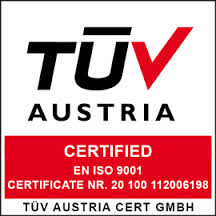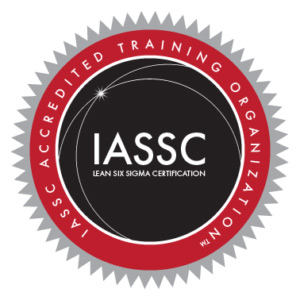Global Supply Chain Management
FITTskills: Global Supply Chain Management introduces an essential component of international trade: managing an international supply chain. Global supply chain management enables companies to manage the flow of goods, information and finances among international networks in the most efficient manner. To ensure that customers are satisfied with the product, price and service, companies must effectively manage their supply chains. This means minimizing costs, reducing waste and preventing over production.
The modern global marketplace has placed complex demands on businesses. Advances in communications and transportation technologies mean that customers expect a reliable supply and competitively priced products. Although goods must travel extensive distances and cross a number of international borders, companies must effectively manage their supply chains to ensure that their products are meeting projected demands cost effectively. Careful management of a global supply chain will provide any organization with a competitive advantage.
Global supply chain management includes planning how the entire supply chain functions as an integrative whole. It integrates management procedures that will co-ordinate the network of suppliers, manufacturers, warehouses and retail outlets, so that goods are sourced, supplied, produced and shipped in the right quantities, to the right locations, at the right time. This requires companies to organize flows of information, materials and finances in order to meet international import and export requirements.
This course describes the essential basics of global supply chain management. It explains the importance of supply chain management in the success of all international trade ventures, including the exporting and importing of raw materials and finished products. Standard trade documentation and Incoterms are also covered. Several chapters describe the principles for managing production, inventory, delivery and returns efficiently and cost effectively. Methods to reduce supply chain risk and enhance performance are also included.
After completing the course and the in-depth accompanying research assignment, you will have acquired a solid understanding of the need to plan and manage a global supply chain. You will be able to identify the main areas of regulatory compliance and to select the most appropriate inventory- management options and methods for transporting products.
The modern global marketplace has placed complex demands on businesses. Advances in communications and transportation technologies mean that customers expect a reliable supply and competitively priced products. Although goods must travel extensive distances and cross a number of international borders, companies must effectively manage their supply chains to ensure that their products are meeting projected demands cost effectively. Careful management of a global supply chain will provide any organization with a competitive advantage.
Global supply chain management includes planning how the entire supply chain functions as an integrative whole. It integrates management procedures that will co-ordinate the network of suppliers, manufacturers, warehouses and retail outlets, so that goods are sourced, supplied, produced and shipped in the right quantities, to the right locations, at the right time. This requires companies to organize flows of information, materials and finances in order to meet international import and export requirements.
This course describes the essential basics of global supply chain management. It explains the importance of supply chain management in the success of all international trade ventures, including the exporting and importing of raw materials and finished products. Standard trade documentation and Incoterms are also covered. Several chapters describe the principles for managing production, inventory, delivery and returns efficiently and cost effectively. Methods to reduce supply chain risk and enhance performance are also included.
After completing the course and the in-depth accompanying research assignment, you will have acquired a solid understanding of the need to plan and manage a global supply chain. You will be able to identify the main areas of regulatory compliance and to select the most appropriate inventory- management options and methods for transporting products.















